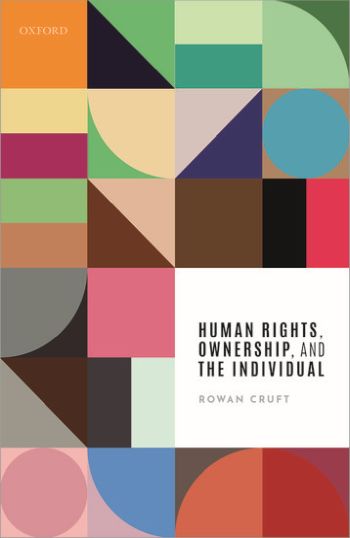
Is it defensible to use the concept of a right? Can we justify this concept's central place in modern moral and legal thinking, or does it unjustifiably side-line those who do not qualify as right-holders? Rowan Cruft brings together a new account of the concept of a right.
Moving beyond the traditional 'interest theory' and 'will theory', he defends a distinctive role for the concept: it is appropriate to our thinking about fundamental moral duties springing from the good of the right-holder. This has important implications for the idea of 'natural' moral rights—that is, rights that exist independently of anyone's recognising that they do.
Cruft argues that only rights that exist primarily for the sake of the right-holder can qualify as natural in this sense. In its relation to property, however, matters are far more complicated because much property is groundable only by common or collective goods beyond the right-holder's own good. For such property, Cruft argues that a non-rights property system—that resembles modern markets but is not conceived in terms of rights—would be preferable.
The result of this study is a partial vindication of the rights concept that is more supportive of human rights than many of their critics (from left or right) might expect, and is surprisingly doubtful about property as an individual right.